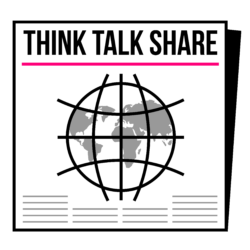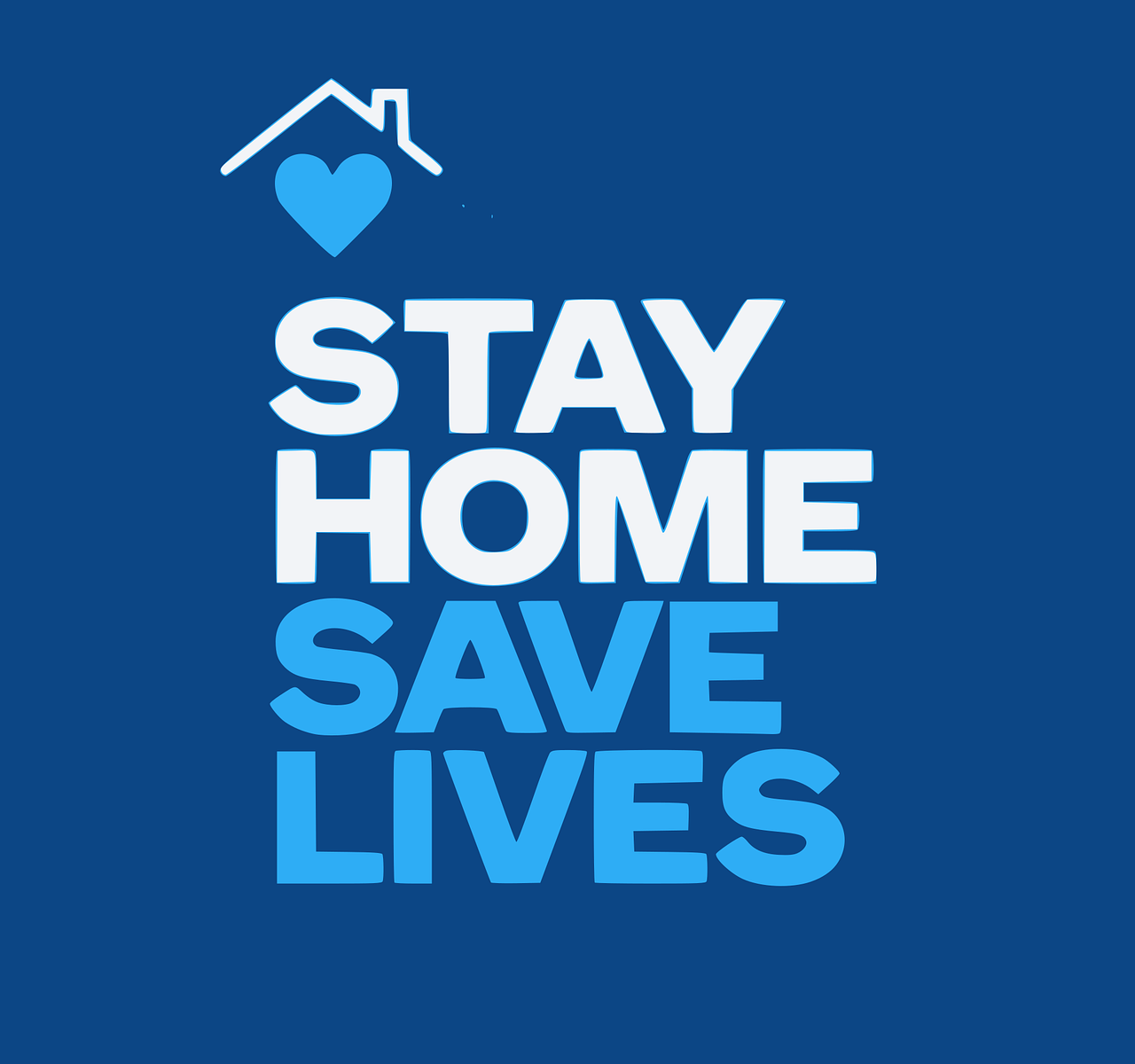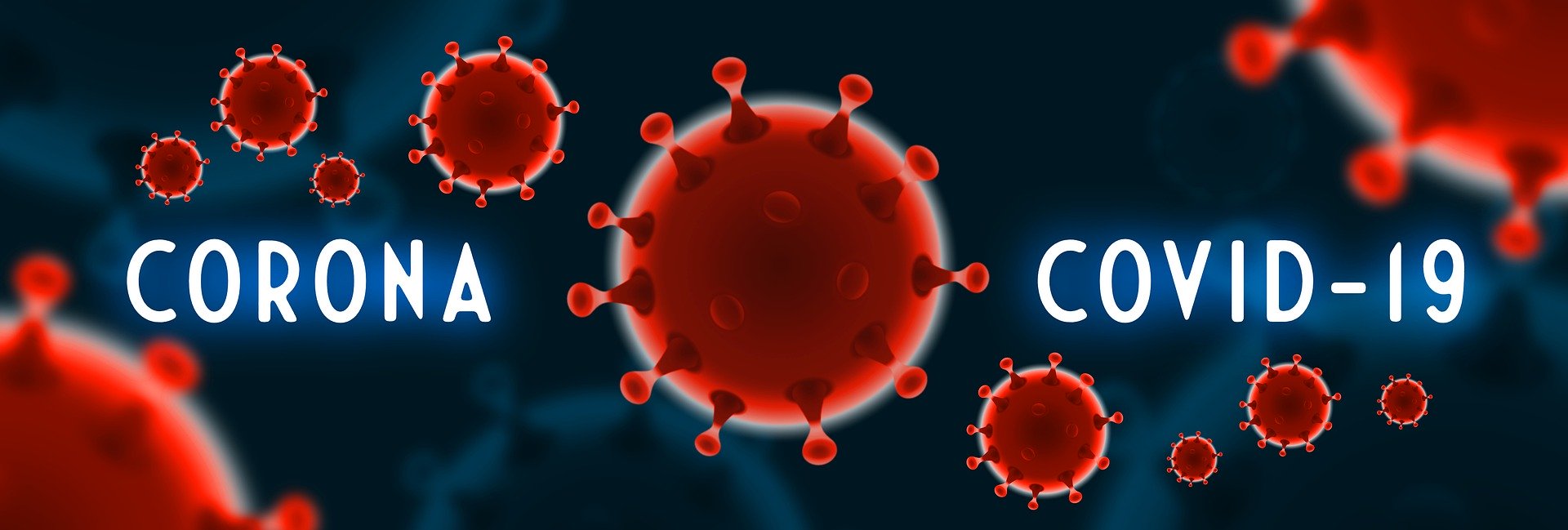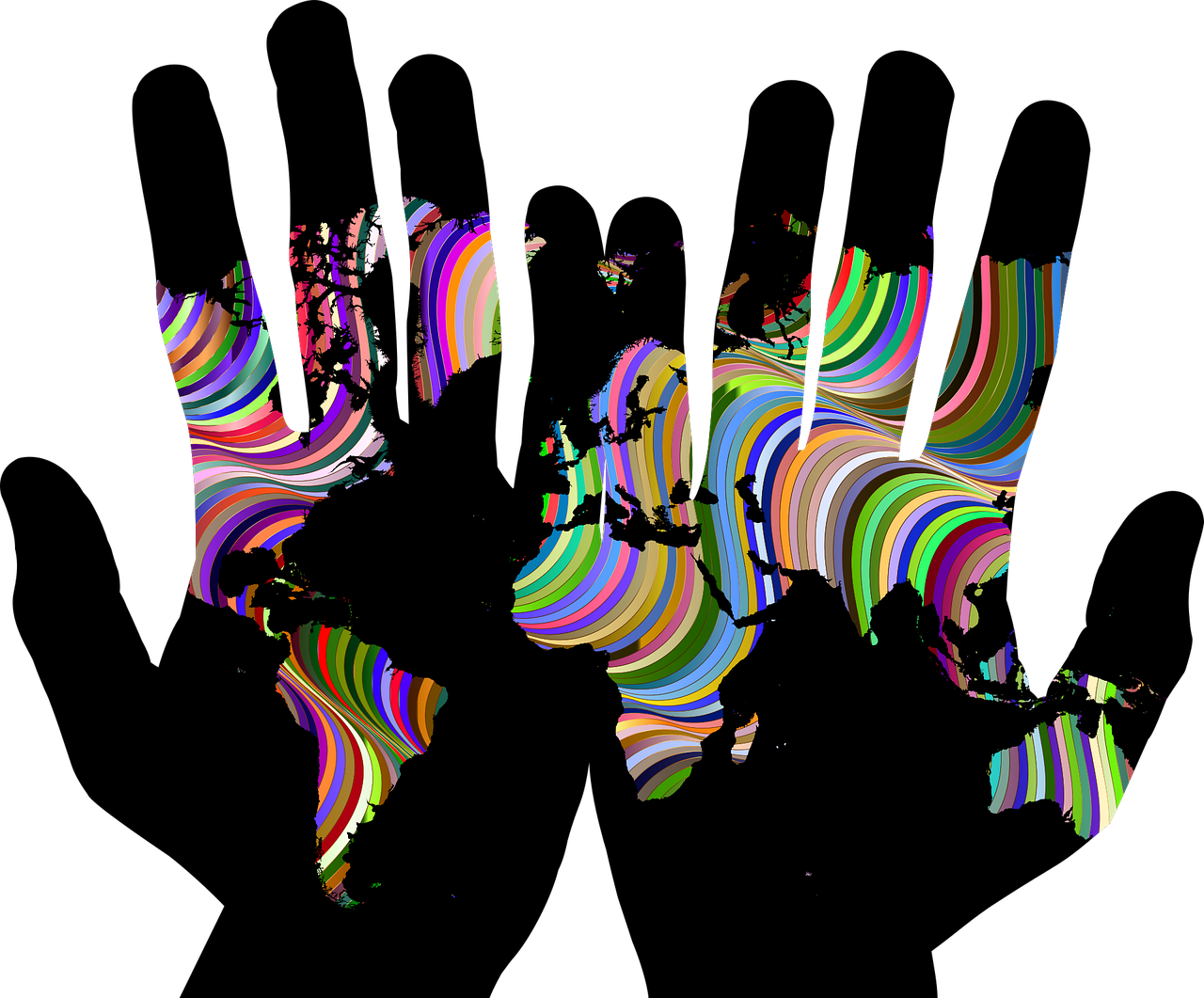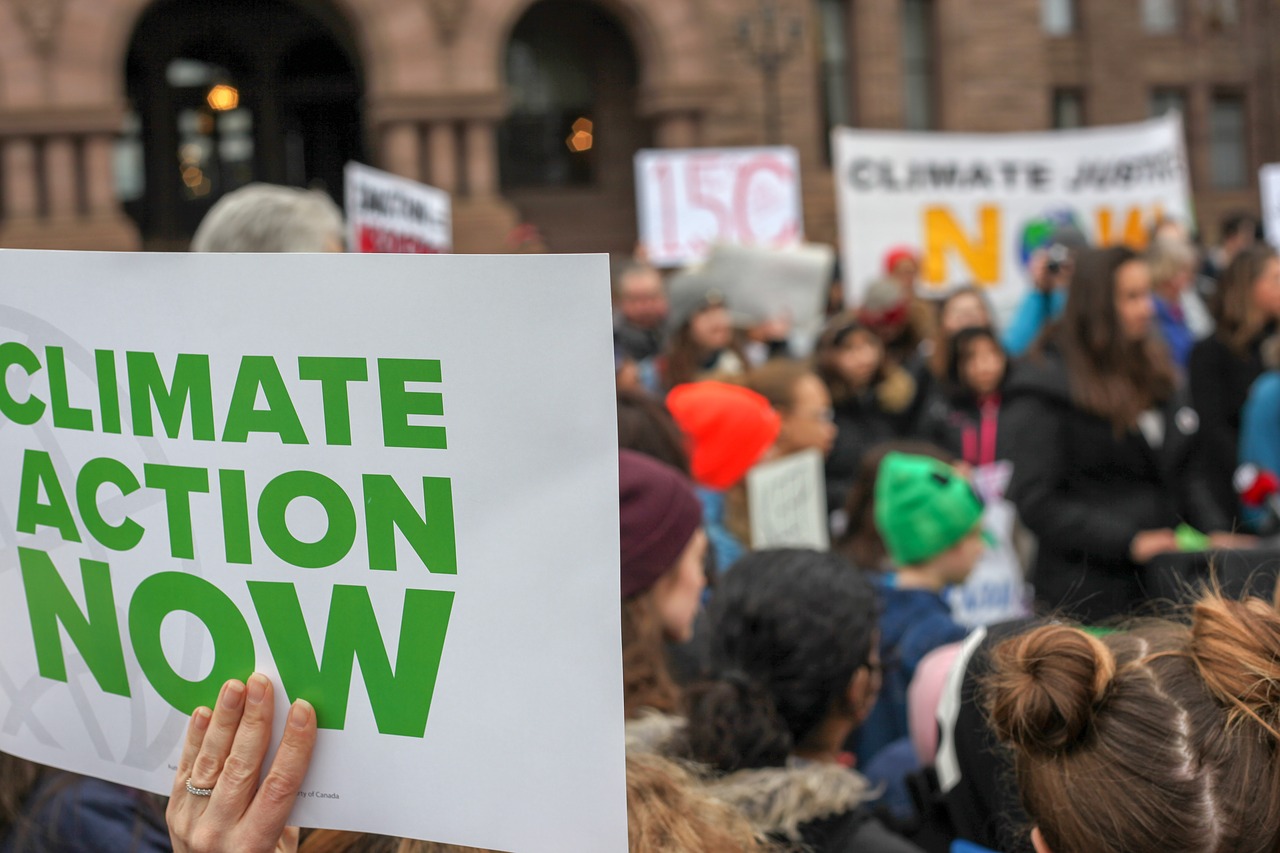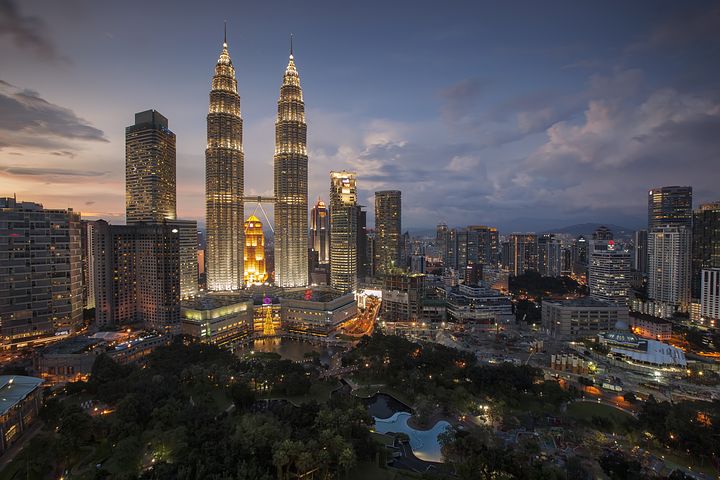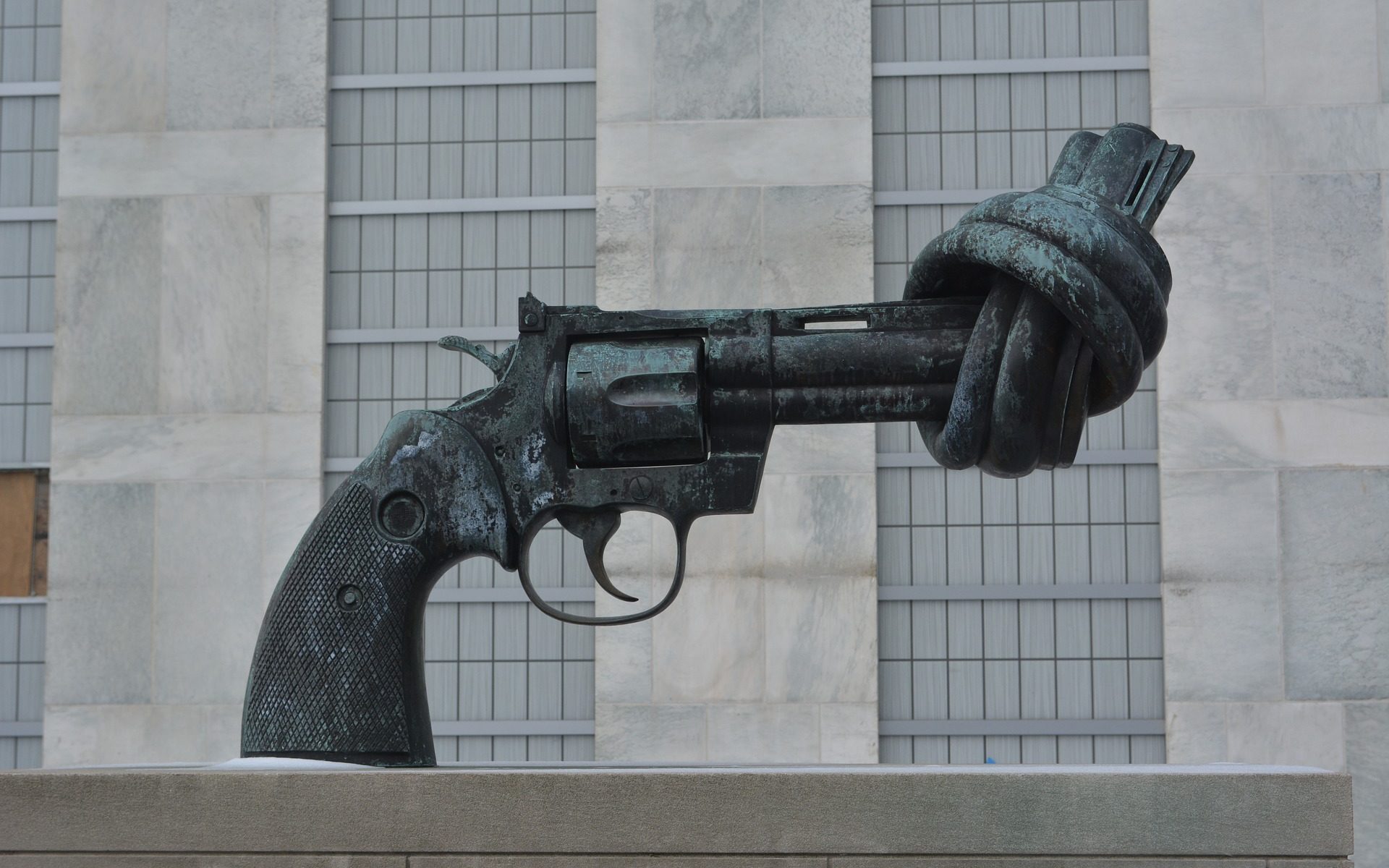According to Miriam Webster’s Dictionary, the definition of essential is “of the utmost importance: basic, indispensable, necessary.” Three months ago, I thought going to the movies was essential. Going to the mall seemed essential. My weekends away from schoolwork were essential. The experience of being quarantined has made me realize it wasn’t the movie release that was so necessary, and it wasn’t the shoes I wanted at the mall that were essential. What was essential was spending time with my friends. It was time with my family on vacation experiencing new adventures together outside of our house. The coronavirus has forced us all to reconsider what is really “essential.”
While it is for the good of our local community and the world that we stay quarantined to stop this virus from spreading, it is important to consider the effect on our civil liberties. It is now against the law to gather in large groups in public spaces. More than 200 million people across America are under stay-in-place orders. Our lives have been turned upside down to accommodate this new normal. We sit on our couches watching the progression of disease even as new public health ordinances are rolled out, crossing off the list more and more places we can’t go to do what used to be our normal daily activities. As we reflect on these compromises for the good of our neighbors and our friends, we should give careful thought to which of those activities cannot be compromised. And perhaps our local and federal officials can do the same. Clearly food services should make the cut. Medical facilities should make the cut. But what about gun stores? What about churches?
Gun owners argue that they “want to protect their family in case things go the other way” (NPR). While this argument may have some validity during pre-COVID times, the idea that a gun will protect you from an airborne virus is not only illogical, but it is also ignorant and misleading. Since the outbreak, gun and ammunition sales have dramatically increased with panic driven purchases, with advocates using the second amendment as justification. The right to bear arms is not the right to buy arms.
According to National Public Radio (NPR), the Los Angeles County sheriff has ordered gun shops in the county to close twice now. The decision of whether to leave gun shops open is determined by county, not state, officials, leading to a variety of decisions all over the country. Groups like the National Shooting Sports Foundation and the National Rifle Association are working with the Trump administration to “make sure firearm manufacturers do not experience a disruption during the pandemic” (NPR). While some make the argument that if gun stores close, a pandemic-inspired growing panic to purchase firearms may lead to a backlog in the background checks system and a new population of uneducated, untrained gun owners, this doomsday forecast has not come to be. Drug arrests in Chicago have dropped 42% in the last few weeks since the city shut down. The rate of key crimes in Los Angeles has dropped 30% since March 15. In New York City, one of the hardest hit epicenters of coronavirus, crime has decreased by double digits. While outside crime has been decreasing, the rate of domestic violence, however, has been skyrocketing (Forbes). Purchasing a gun counters every public health official’s orders to stay at home. While living during a time where each day is a new unknown provokes fear and uncertainty, purchasing a gun will not stop this pandemic and may raise the level of danger in domestic violence exponentially. Guns are not an essential business. And why should our government protect the firearm industry when the rest of the nation is struggling to put food on the table. The New York Times reports that in the last 3 weeks more than 16 million Americans have been put out of work. Where’s the relief for them?
Amidst debates about firearm stores being essential businesses, new debates have arisen regarding churches, synagogues, and mosques. In Kansas, legislation dictates that people stay at home, except “going to church, buying or selling guns or running a childcare center” (US News). We all understand it’s difficult to have your life interrupted for a virus. We all understand what it’s like to miss activities you used to do. But what has always been essential for some (spiritual life) may be done differently for the greater good. A virtual spiritual community has the potential to offer religious support, education, and community while still saving lives. Both are essential.
Within the last month, our cities, counties, states, and nations have had to debate what we consider essential. We need to urge each other to stay home, to connect virtually, and to go out only for truly essential reasons. We need to urge our elected officials, particularly as the presidential election approaches, to continue to ask these same questions and to make difficult decisions that are nonpartisan and focused on our health and safety. All of our lives may depend on it.

